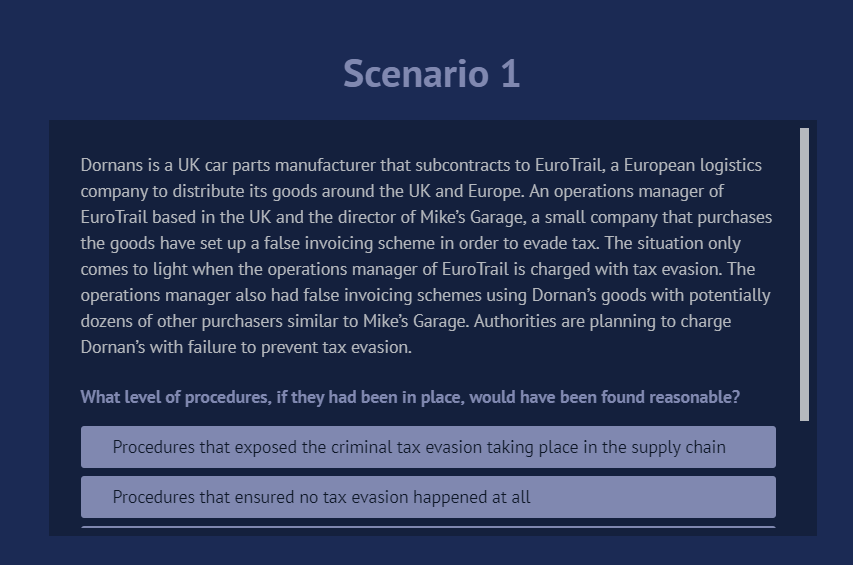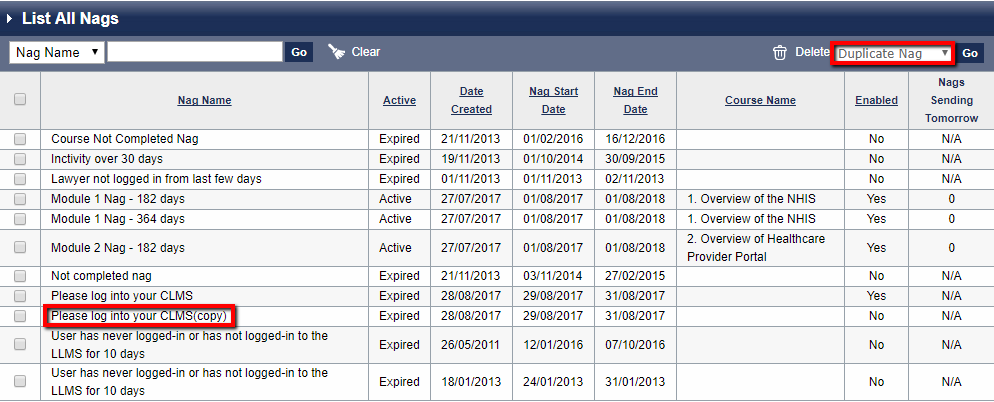
A privacy policy must set out the different areas where user privacy is concerned and outline the obligations and requirements of the users, the website and website owners. Furthermore, the way your organisation processes, stores and protects user data and information should also be detailed in a privacy policy. The policy should be made available on your organisation’s website.
What is a GDPR privacy policy?
A GDPR privacy policy is a legal document that outlines how an organisation collects, uses, stores, and protects personal data in compliance with the General Data Protection Regulation (GDPR). The GDPR is a set of data protection regulations implemented in the EU to enhance the privacy rights of individuals and establish consistent data protection standards across the EU member states.
In a GDPR privacy policy, organisations provide transparent information about the personal data they collect, the purposes for which it is collected, how it is processed, and the legal basis for processing. The policy also covers details about data retention, data subject rights, security measures, data transfers outside the EU, and contact information for the data protection officer.
What needs to be included in a privacy policy?
Here are the main points that should be addressed in a privacy policy:
Use of the cookies
Your policy should first define what cookies are and then explain what the organisation used the cookies for. It should stress that they are used to enhance the user experience and any tracking software used should also be stated.
Continue reading







